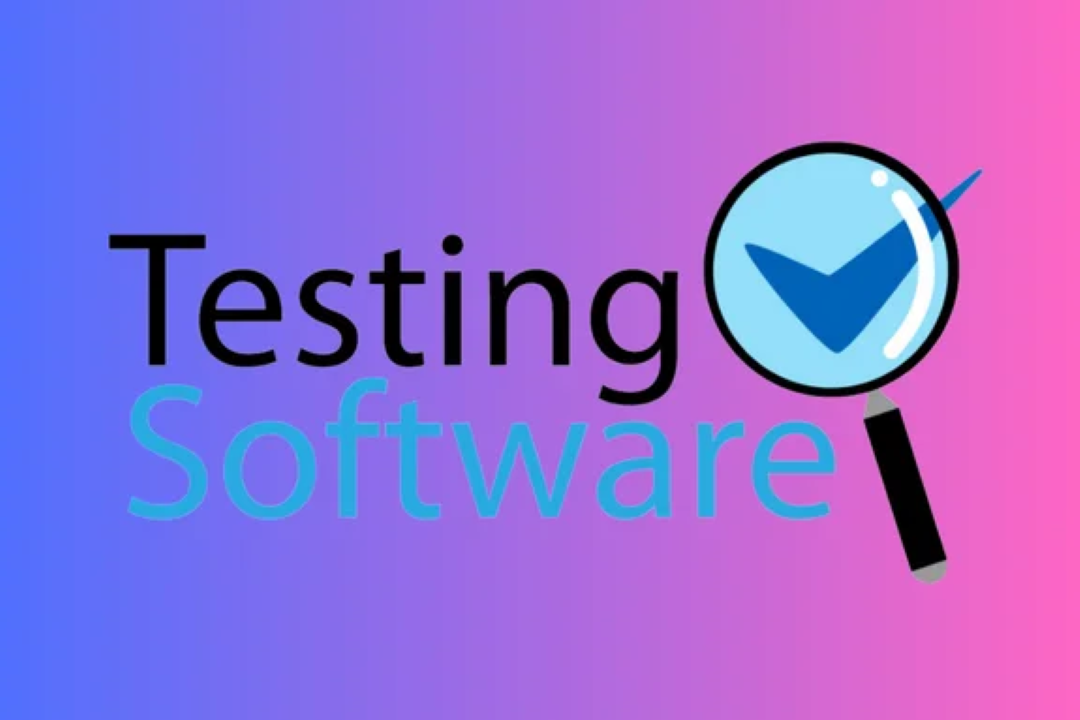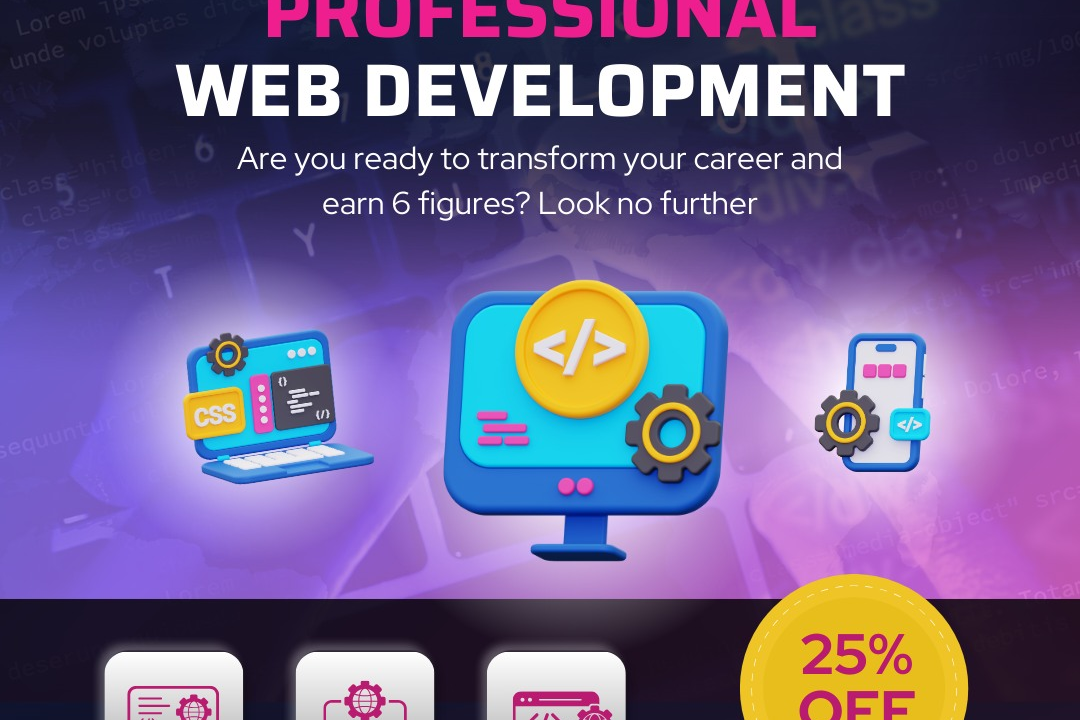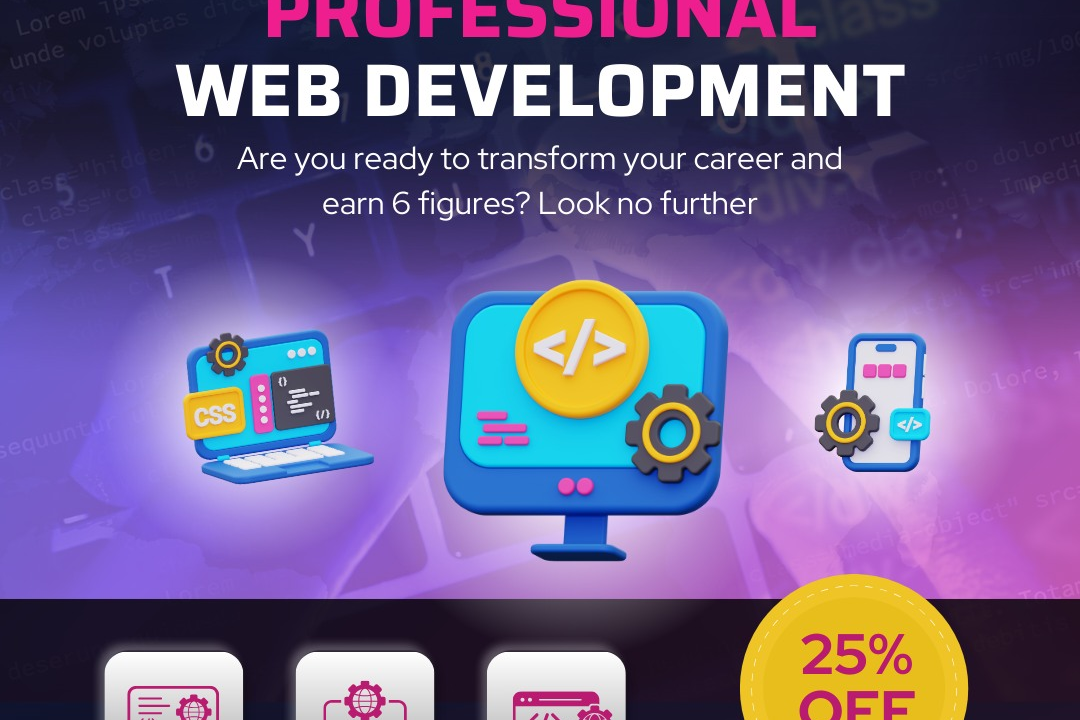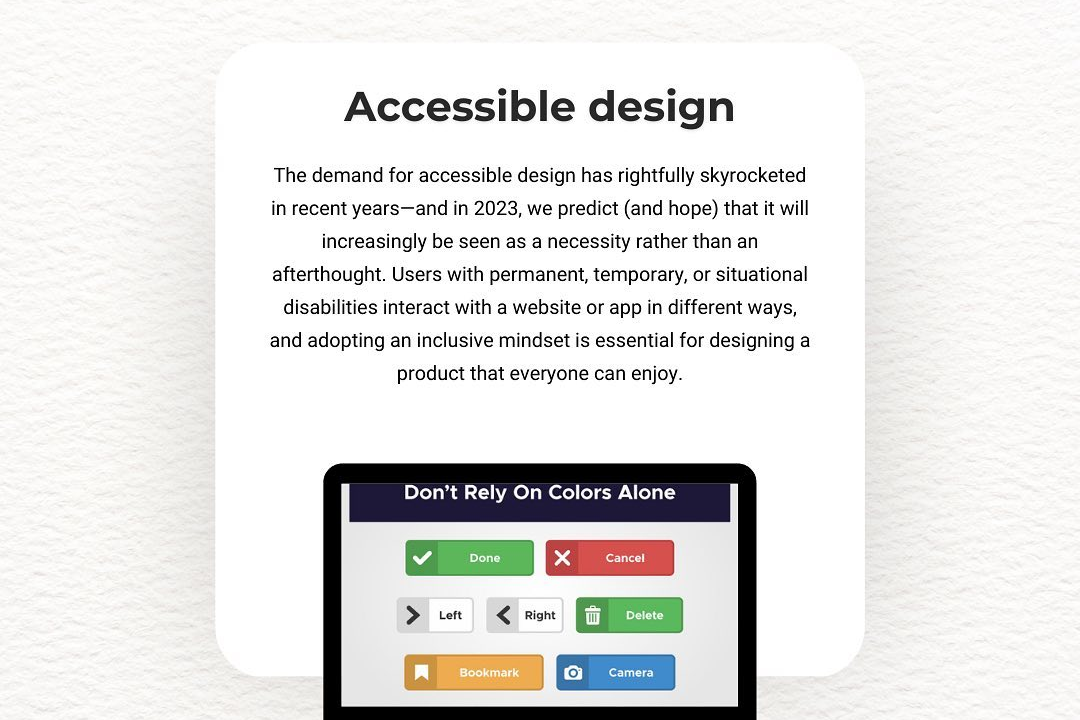selenium training in BHUBANESWAR
Selenium training in Bhubaneswar provides a comprehensive education in automation testing, focusing
selenium training in BHUBANESWAR
Selenium training in Bhubaneswar is invaluable for aspiring software testers and quality assurance professionals seeking to enhance their skill set in automation testing. As businesses increasingly rely on efficient and accurate web applications, proficiency in Selenium—a leading automation tool—becomes essential. This training equips participants with the necessary techniques to design and implement automated test scripts, ensuring the reliability and performance of web applications. Through hands-on projects and expert guidance, learners gain practical experience that boosts their employability and prepares them for the dynamic tech industry. With the growing demand for automation expertise, this training serves as a critical stepping stone for career advancement.
To Download Our Brochure: https://www.justacademy.co/download-brochure-for-free
Message us for more information: +91 9987184296
Selenium training in Bhubaneswar is invaluable for aspiring software testers and quality assurance professionals seeking to enhance their skill set in automation testing. As businesses increasingly rely on efficient and accurate web applications, proficiency in Selenium—a leading automation tool—becomes essential. This training equips participants with the necessary techniques to design and implement automated test scripts, ensuring the reliability and performance of web applications. Through hands on projects and expert guidance, learners gain practical experience that boosts their employability and prepares them for the dynamic tech industry. With the growing demand for automation expertise, this training serves as a critical stepping stone for career advancement.
Course Overview
The Selenium training in Bhubaneswar offers a comprehensive curriculum designed for individuals looking to master automation testing. Participants will explore the fundamentals of Selenium, including its architecture, key components, and best practices for writing effective automated test scripts. The course covers various programming languages used with Selenium, such as Java and Python, alongside testing frameworks like TestNG and JUnit. With a strong emphasis on hands-on learning, attendees will engage in real-time projects that simulate real-world scenarios, ensuring they gain valuable practical experience. Additionally, the training includes insights into integrating Selenium with tools such as Maven and Jenkins for continuous integration and deployment. Ideal for beginners and experienced testers alike, this course aims to equip learners with the skills required to excel in automation testing and enhance their career prospects in the evolving software industry.
Course Description
The Selenium Training in Bhubaneswar provides an in-depth learning experience for individuals eager to specialize in automation testing. This course covers essential topics such as Selenium architecture, web driver functionalities, and the integration of Selenium with various programming languages like Java and Python. Participants will gain hands-on experience through real-time projects, allowing them to apply their skills in practical scenarios. Additionally, the training will explore the use of testing frameworks such as TestNG and JUnit, as well as tools like Maven and Jenkins for continuous integration and deployment. By the end of the course, learners will be well-equipped to create efficient automated test scripts and effectively contribute to software quality assurance in the fast-paced tech industry.
Key Features
1 - Comprehensive Tool Coverage: Provides hands-on training with a range of industry-standard testing tools, including Selenium, JIRA, LoadRunner, and TestRail.
2) Practical Exercises: Features real-world exercises and case studies to apply tools in various testing scenarios.
3) Interactive Learning: Includes interactive sessions with industry experts for personalized feedback and guidance.
4) Detailed Tutorials: Offers extensive tutorials and documentation on tool functionalities and best practices.
5) Advanced Techniques: Covers both fundamental and advanced techniques for using testing tools effectively.
6) Data Visualization: Integrates tools for visualizing test metrics and results, enhancing data interpretation and decision-making.
7) Tool Integration: Teaches how to integrate testing tools into the software development lifecycle for streamlined workflows.
8) Project-Based Learning: Focuses on project-based learning to build practical skills and create a portfolio of completed tasks.
9) Career Support: Provides resources and support for applying learned skills to real-world job scenarios, including resume building and interview preparation.
10) Up-to-Date Content: Ensures that course materials reflect the latest industry standards and tool updates.
Benefits of taking our course
Functional Tools
1 - Selenium WebDriver
Selenium WebDriver is the core component of the Selenium suite, designed for automating web applications. This browser automation framework enables users to interact with web elements, handle events, and simulate user actions effectively. The training covers WebDriver's functionalities, including locating elements, managing sessions, and executing JavaScript. Students learn to create robust test scripts that ensure the web application's functionality across different browsers and platforms.
2) Selenium IDE
Selenium Integrated Development Environment (IDE) is a simple tool for recording and playback of tests on web applications. This point and click tool simplifies the creation of automated tests, allowing beginners to understand the basics of test automation without needing to write code. During the course, students use Selenium IDE to learn how to create, debug, and run tests, leading to an understanding of test case management and how to export scripts to other programming languages for further refinement.
3) TestNG
TestNG is a testing framework inspired by JUnit, designed to cover a broader range of testing categories. The training program incorporates TestNG to manage test cases, facilitating test organization, execution, and reporting. Students learn about annotations, data driven testing, and parallel execution in TestNG, enhancing their testing strategies. The framework's ability to group tests and generate HTML reports aids students in delivering comprehensive testing results, making it an essential addition to their toolset.
4) Maven
Maven is a build automation tool primarily used for Java projects. The course introduces Maven to help students manage project dependencies and automate the build process. Understanding its file structure and configuration allows participants to set up a testing environment efficiently. By leveraging Maven, students learn to manage libraries and plugins for Selenium, streamline the testing process, and ensure that their projects maintain a robust architecture, thus enhancing productivity.
5) Cucumber
Cucumber is a tool for behavior driven development (BDD), supporting collaboration between non technical users and developers. Incorporating Cucumber into the training enables students to write test cases in a human readable format that bridges the gap between technical requirements and business needs. The course guides students through defining feature files, writing step definitions, and executing tests, emphasizing the importance of collaborative testing and clear communication in software development.
6) Git and GitHub
Version control is crucial for managing changes in code over time, and Git is the industry standard tool for this purpose. During the Selenium training, students learn how to use Git for version control and GitHub for project collaboration. The course covers essential commands for repository management, branching strategies, and merging changes, empowering learners to work in teams effectively. Understanding Git allows participants to maintain code integrity, track progress, and facilitate teamwork, which is vital in any software development project.
7) Continuous Integration (CI) and Continuous Deployment (CD)
Continuous Integration and Continuous Deployment are vital in modern software development practices. In this course, students are introduced to CI/CD concepts and tools like Jenkins or CircleCI, which automate the testing and deployment process. Participants will learn to implement CI/CD pipelines to ensure that code changes are automatically tested and deployed, resulting in quicker feedback and reduced manual errors. This knowledge enables students to efficiently integrate automated testing into their development workflows, promoting a culture of rapid iterations and continuous improvement.
8) API Testing
As applications become more interconnected, API testing is essential for ensuring system integrity. This portion of the course focuses on REST and SOAP APIs, introducing tools like Postman and RestAssured. Students learn to test APIs by validating response status, headers, and payloads, ensuring they meet the specified requirements. The training covers both manual and automated API testing techniques, emphasizing the importance of API functionality, security, and performance in the overall testing process.
9) Performance Testing
Performance testing helps determine how a system performs under a particular workload. In the course, students are introduced to tools like JMeter or LoadRunner, emphasizing the significance of performance benchmarks, stress testing, and load testing. Participants will learn to create performance tests, analyze results, and identify bottlenecks, which are crucial for optimizing application performance. Understanding performance testing equips students with the skills needed to ensure that applications can handle varying user loads effectively.
10) Test Automation Frameworks
Creating a structured approach to automation is crucial for long term success in testing projects. This module covers the design and implementation of test automation frameworks, including keyword driven, data driven, and hybrid frameworks. Students learn to develop reusable components and optimize test scripts for maintainability and scalability. By employing best practices in framework design, participants can significantly improve test execution speed and reliability, making their automation efforts more effective.
11 - Mobile Testing
With the rise of mobile applications, testing on mobile devices has become increasingly important. This course module introduces tools and frameworks for mobile testing, such as Appium and Espresso. Students learn to automate tests on both Android and iOS platforms, covering challenges unique to mobile environments, such as device fragmentation and varied screen sizes. This knowledge prepares participants to deliver high quality mobile applications that meet user expectations and perform reliably across different devices.
12) Error Handling and Debugging Techniques
Automated testing can often encounter unexpected behavior or failures. This section of the training focuses on effective error handling and debugging techniques within testing frameworks. Students will learn to analyze error messages, implement proper exception handling, and use debugging tools to diagnose and resolve issues in their test scripts. Mastering these techniques equips learners with the ability to identify problems quickly and ensure that their automated tests are robust and reliable.
13) Best Practices in Test Automation
Implementing best practices in test automation is critical for ensuring successful outcomes. This concluding section of the training covers strategies for writing maintainable and efficient test scripts, including naming conventions, organization techniques, and the importance of code reviews. Students will also explore the significance of maintaining an up to date test suite and regular refactoring, which helps minimize technical debt and maximizes the effectiveness of automated tests.
14) Real time Projects and Case Studies
To reinforce the learning experience, the program includes real time projects and case studies. Students will have the opportunity to apply their knowledge to tangible projects, simulating real world scenarios and learning to navigate challenges that arise during test automation. These practical experiences cultivate the ability to think critically and adapt to various testing environments, preparing participants for success in their professional endeavors.
15) Certification and Career Opportunities
At the end of the training, students have the opportunity to earn a certification from JustAcademy, validating their knowledge and skills in test automation with Selenium. The course concludes with guidance on career opportunities, networking strategies, and resume building tips specifically tailored for roles in software testing and quality assurance. Armed with certification and practical experience, graduates are well equipped to pursue rewarding careers in the tech industry.
Browse our course links : https://www.justacademy.co/all-courses
To Join our FREE DEMO Session:
This information is sourced from JustAcademy
Contact Info:
Roshan Chaturvedi
Message us on Whatsapp:
Email id: info@justacademy.co












